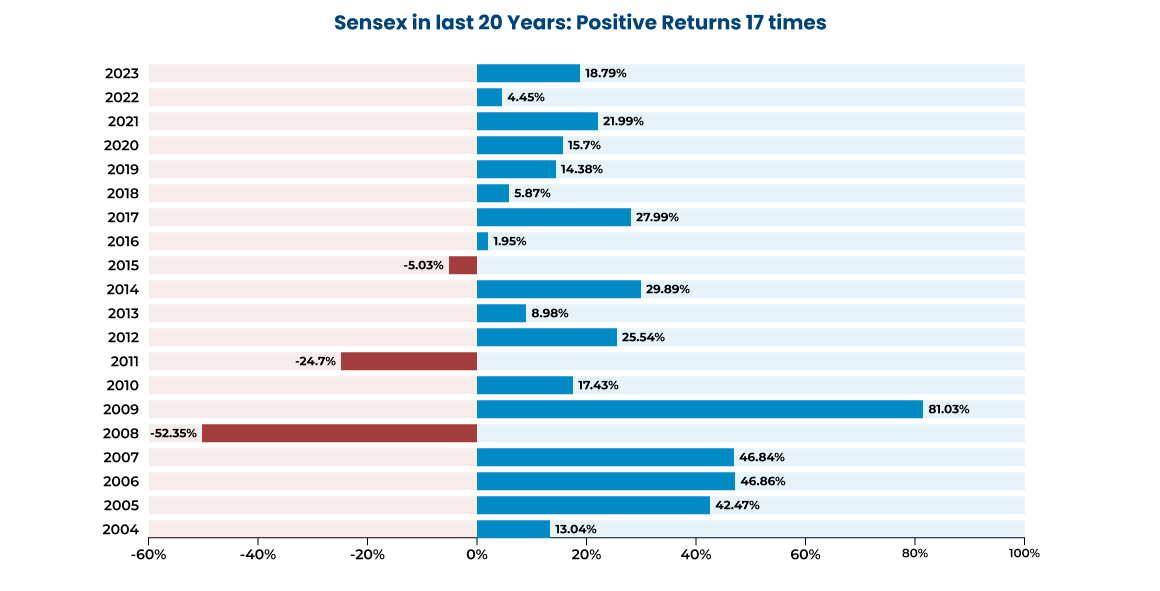
Introduction
India has positioned itself as one of the world's fastest-growing economies. With a flourishing economy and a substantial population, India is now attracting investments in various sectors from all around the globe. This presentation aims to elucidate the factors contributing to India's appeal as a favored destination for global investments.

















